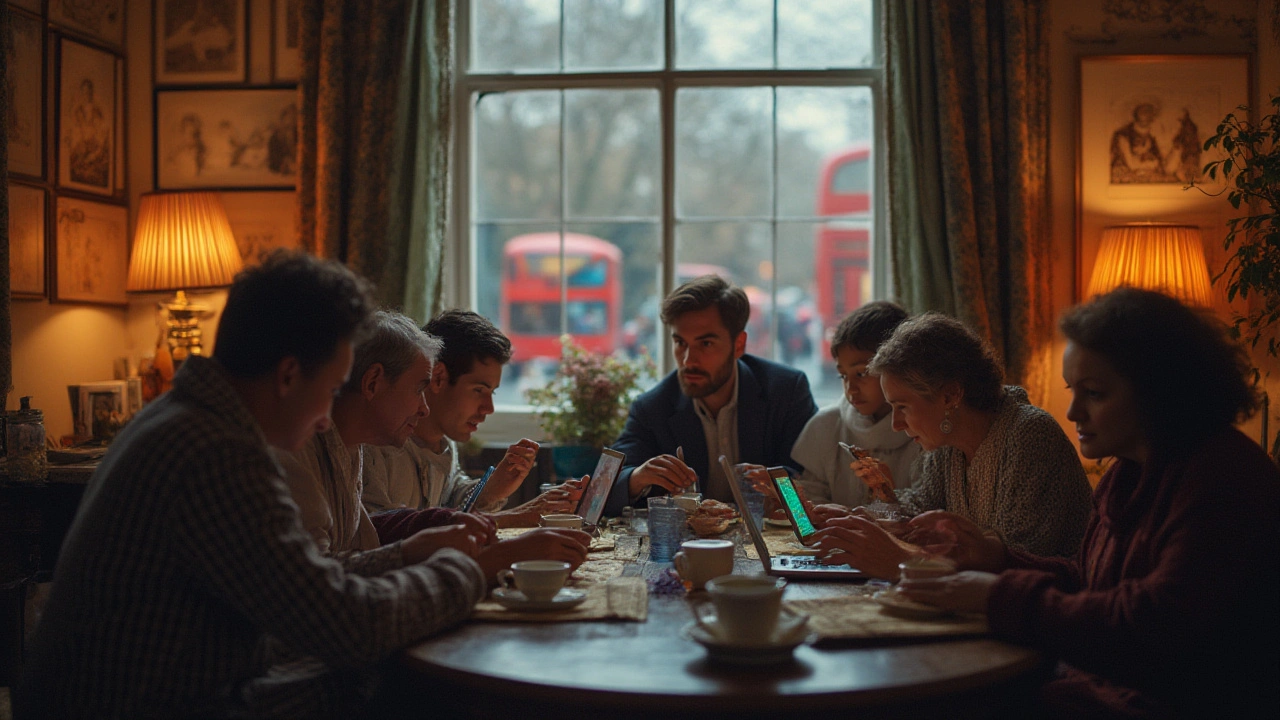Digital Revolution: The New Pulse of London News
Ever wonder why you get headlines on your phone before the paper hits the stand? That’s the digital revolution at work. In London, tech is rewriting how news is gathered, written, and delivered. It means faster updates, more ways to find stories, and a whole new set of tools for journalists. If you want to stay ahead, you need to know what’s driving this change.
From Print to Pixels
Once upon a time, a morning paper was the main source of news. Today, most Londoners scroll through apps while waiting for the tube. Newsrooms have swapped printing presses for servers, and editors now track clicks instead of circulation numbers. This shift isn’t just about speed; it’s about reaching people where they already spend time – online. The result is a news mix that feels more personal and immediate.
Social Media and Real‑Time Updates
Platforms like Twitter, TikTok, and Instagram have become unofficial newsrooms. A reporter can post a video from a protest, and thousands see it within seconds. That’s why you’ll find posts about the latest event in Westminster on the same page as a meme about the London Eye. The trick is to separate the hype from the facts, which is why many outlets now have dedicated social‑media teams to verify and package stories fast.
Artificial intelligence is the next big player. Algorithms can sort through massive data sets, flagging trends that a human might miss. Some London papers use AI to draft short news briefs, freeing journalists to dig deeper into investigative pieces. AI also powers recommendation engines, showing you stories that match your interests, though it can create echo chambers if you’re not careful.
Data‑driven journalism is another perk of the digital age. Reporters now use tools that map traffic, monitor air quality, or track public sentiment in real time. This means stories about the city’s transport problems or housing market come with charts and live updates, making the information clearer and more trustworthy.
For readers, the digital revolution means more choice. You can pick a niche blog about London street art, subscribe to a newsletter that curates the day’s top politics, or watch a live livestream of a council meeting. All of this is free or cheap, and you can switch between sources with a tap.
What does this mean for the future? Expect even faster news cycles, more interactive formats like VR tours of historic sites, and deeper collaboration between tech firms and newsrooms. The core idea stays the same: give Londoners the information they need, when they need it. Stay curious, question the source, and let the digital tools work for you.

How the Internet Changed the World Forever: A Deep Dive Into the Digital Revolution
From email to social media, the Internet has flipped life on its head. Here’s how the digital revolution changed everything we do and know—for good.
READ MORE